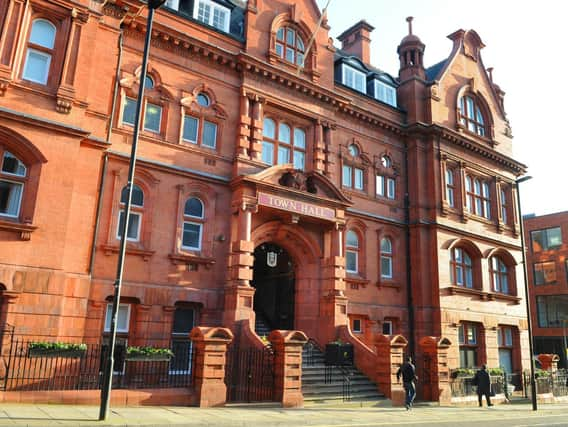CHARLES GRAHAM: the biggest challenge in Wigan Council’s history


It was for an interview published in this week’s Wigan Observer, concerning the shape of things to come locally once this infernal bug has been conquered (or at least when we’ve better learnt how to cope with having it around).
It seems particularly hard on the council that, having won national acclaim for the way it coped with cutting £140m from its budgets post-recession – some of the biggest austerity savings forced on any town hall in the country – it now faces this apocalyptic situation just as it was moving into clearer waters.
Advertisement
Hide AdAdvertisement
Hide AdPleasingly, I detected no signs of panic from a cool-headed politician who has been around long enough to recall the council being threatened with poll-capping by Maggie Thatcher in 1990. The last thing we need is an authority chief careering around like an over-agitated Corporal Jones.
But he is fully aware of the challenges ahead: a £20m council deficit as the borough is hit by the biggest recession since the Great Slump of 1706 when Queen Anne was on the throne.
There was recognition that whatever happens next to help us out of this trough, it will have to be a joint effort.
The council can pool its brainpower, funds and influence with those of other public organisations to try to give businesses the best chance of recovering and those young people currently nearing the end of their studies and training a chance to get into profitable work.
Advertisement
Hide AdAdvertisement
Hide AdAnd it can spread the word of changing ways of working that can help firms and bodies save money.
I’ve already expressed my reservations about the mental strain and anti-social impact home working might place on some employees if made permanent, but it works well for some and if it can help businesses survive through fewer overheads for office space, then it may have to be a price worth paying.
The council has certainly led by commendable example during the lockdown, with most town hall staff either working from home or drafted into completely different functions, including working on the front line in hospitals and care homes.
There is also a big drive to make the post-Covid borough a more environmentally friendly place.
I am sure the council will do all it can to get us back on its feet. A nice healthy cash settlement from Whitehall in June will help fulfil those ambitions. More austerity is the last thing we need.